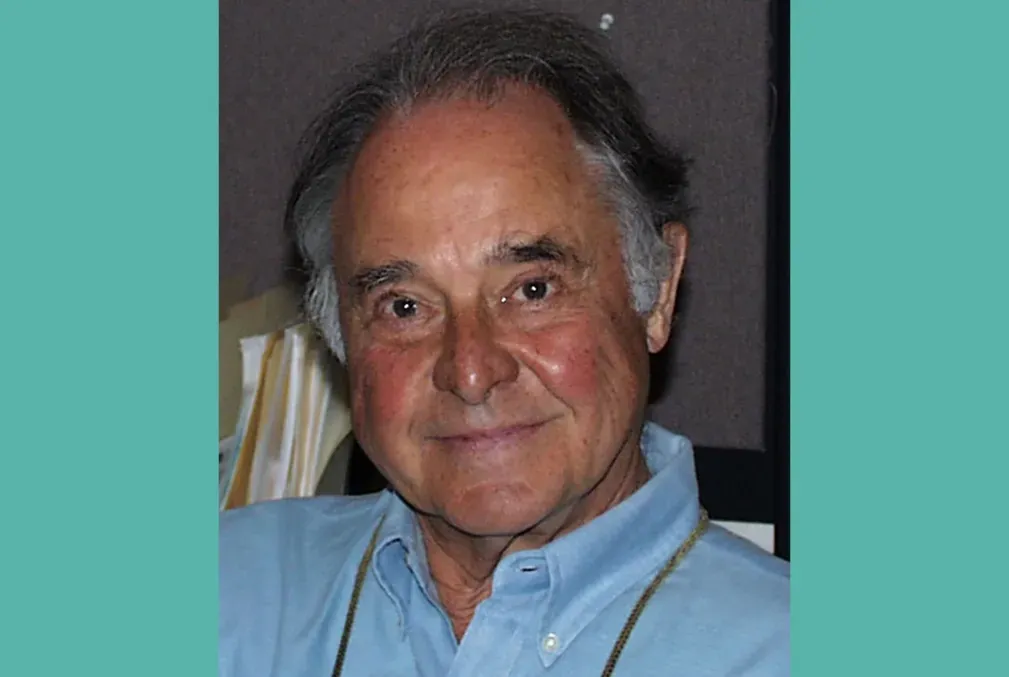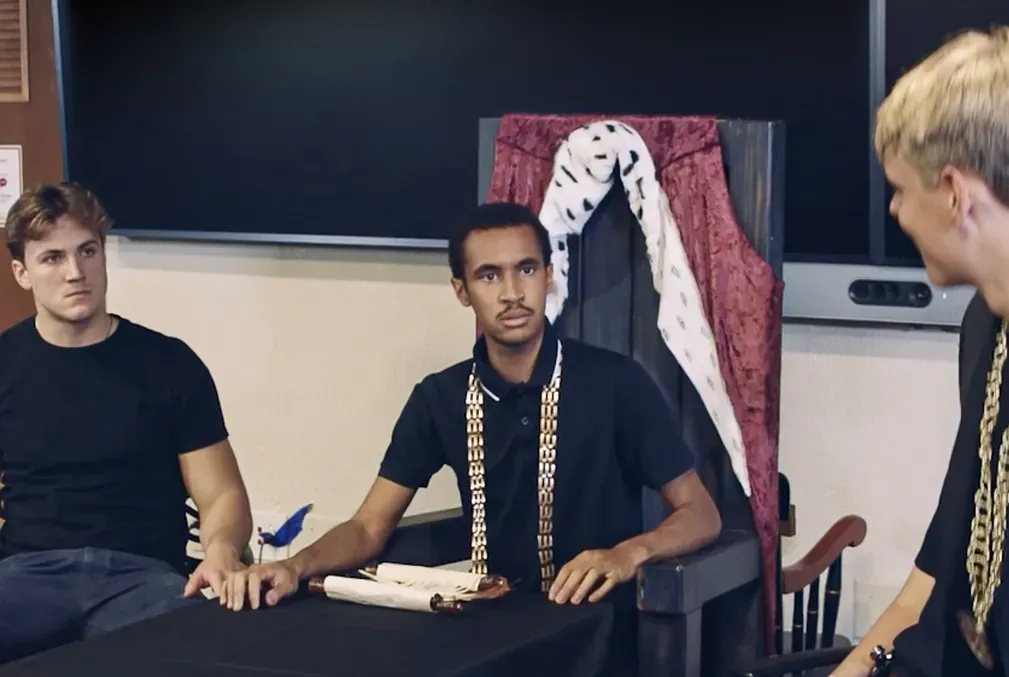Stanford historian’s documentary coming to PBS in March
Singing for Justice, co-directed by Estelle Freedman, professor of history, emerit, chronicles the long and joyful life of folk singer Faith Petric.
At next month’s Oscars, the nominees will include A Complete Unknown, a film about a folk singer named Bob Dylan (who is, in fact, something of a known). But March also sees the release of a film about a truly lesser-known folk singer, Faith Petric. She’s the subject of the documentary Singing for Justice, co-directed by a Stanford historian, Estelle Freedman, and a Stanford alum, Christie Herring, MA ’05. The film will be broadcast nationally on PBS for Women’s History Month and will have its debut on KQED, the Bay Area’s public TV station, on March 14 at 8 p.m.
Petric was very much known in the tight-knit Bay Area music community, where she hosted Friday night jam sessions of the San Francisco Folk Music Club at her home for many decades. That is where Estelle Freedman, the Edgar E. Robinson Professor in U.S. History, Emerit, in the Stanford School of Humanities and Sciences (H&S), first encountered her in the 1980s. By then, Petric was retired from her day job working for the State of California and had devoted herself to folk music full time, hitting the road singing and playing songs from her exhaustive mental library of new and traditional works, nearly all of which protested some form of oppression.
Back then, Freedman could not have known that Petric, born in 1915, would live another three decades, until 2013. And she didn’t know that she would become Petric’s biographer of sorts — first working on an oral history of Petric’s astonishing life (a StoryCorps version was recorded in 2008) and then working on the project that would become Singing for Justice.
“I had no idea, when I began the oral history in the 1990s, what a life she had had,” Freedman said. “I was just blown away. She would just toss out, ‘Well, when I was at Selma …’ ‘Wait, you marched in Selma in 1965?!’ She was everywhere.”
‘A unique collaboration’
Over a well-paced 60 minutes or so, the film traces Petric’s remarkable journey. Born in a log cabin in rural Idaho, she eventually attended Whitman College, where she joined the era’s protest movement — largely concerned with unionizing and the Spanish Civil War — and learned enough chords to play basic folk songs on her guitar. She moved to San Francisco in 1937, had a child whom she raised as a single mother, and ultimately left the workforce around 1970. She then spent the next 43 years continuing her life’s work as a folk musician, playing and, yes, singing for justice.
Her path intersected with folk luminaries such as Woody Guthrie and Pete Seeger, plus civil rights icons such as Dr. Martin Luther King, Jr. The film tells this story thanks in large part to Petric’s meticulously kept archives: a treasure trove of photos, videos, and more that neatly documented her life from cradle to the grave. In particular, it was a box of VHS tapes, including archival performances, that led to the making of the film, with Petric encouraging Freedman to pursue the project.
Freedman reached out to Jan Krawitz, now a professor, emerita, in the master of fine arts in documentary film and video program in H&S, and she in turn recommended Herring, an alum of that program. Herring’s work had included social justice documentaries such as The Campaign (about the fight for marriage equality in California), and her sister happened to be a folk singer. Like Freedman, Herring was captivated. “Faith was born on a homestead; she was riding a horse in high school and hitchhiked to college,” Herring said. “Due to Petric’s extensive documentation of her own life, we were given an unusual archive. I’ve never had this much detailed personal material to work with, nor is it likely that I will again.”
The collaboration between historian and filmmaker proved fruitful. “We had a really unique collaboration,” Herring said of her partnership with Freedman. “Multigenerational, from different fields. We share a love of the music and this project, and it’s been a wonderful journey to be on.”
‘A true labor of love’
Support from H&S helped bring the film to completion. The Department of History provided funding, and undergraduate interns from the American Studies Program helped cull Petric’s voluminous archives. More recently, students have been helping put together recordings for a Spotify playlist and creating resources for educators who are interested in the film. In addition, the Hoover Institution Library & Archives at Stanford provided images and context for the radical singer through its collections related to war, revolution, and peace.
The early screenings have also helped keep Petric’s memory alive, with audiences singing along during and after the film. “It has been a true labor of love,” Freedman said. “Love of the music and love of her, and it’s so rewarding to see the audience reactions.” Even after spending more than 14 years on the film, plus the time with Petric leading up to it, the story hasn’t gotten old. “Her politics and music remain so pertinent today,” she said.
Prior to airing on PBS, Singing for Justice will be screened at The Roxie in San Francisco on Feb. 22. After the film’s March 14 KQED debut, it is scheduled to replay on March 15 at 6 p.m. and March 31 at 11 p.m. There are also plans to screen it in cities across the country with community groups and at festivals.




